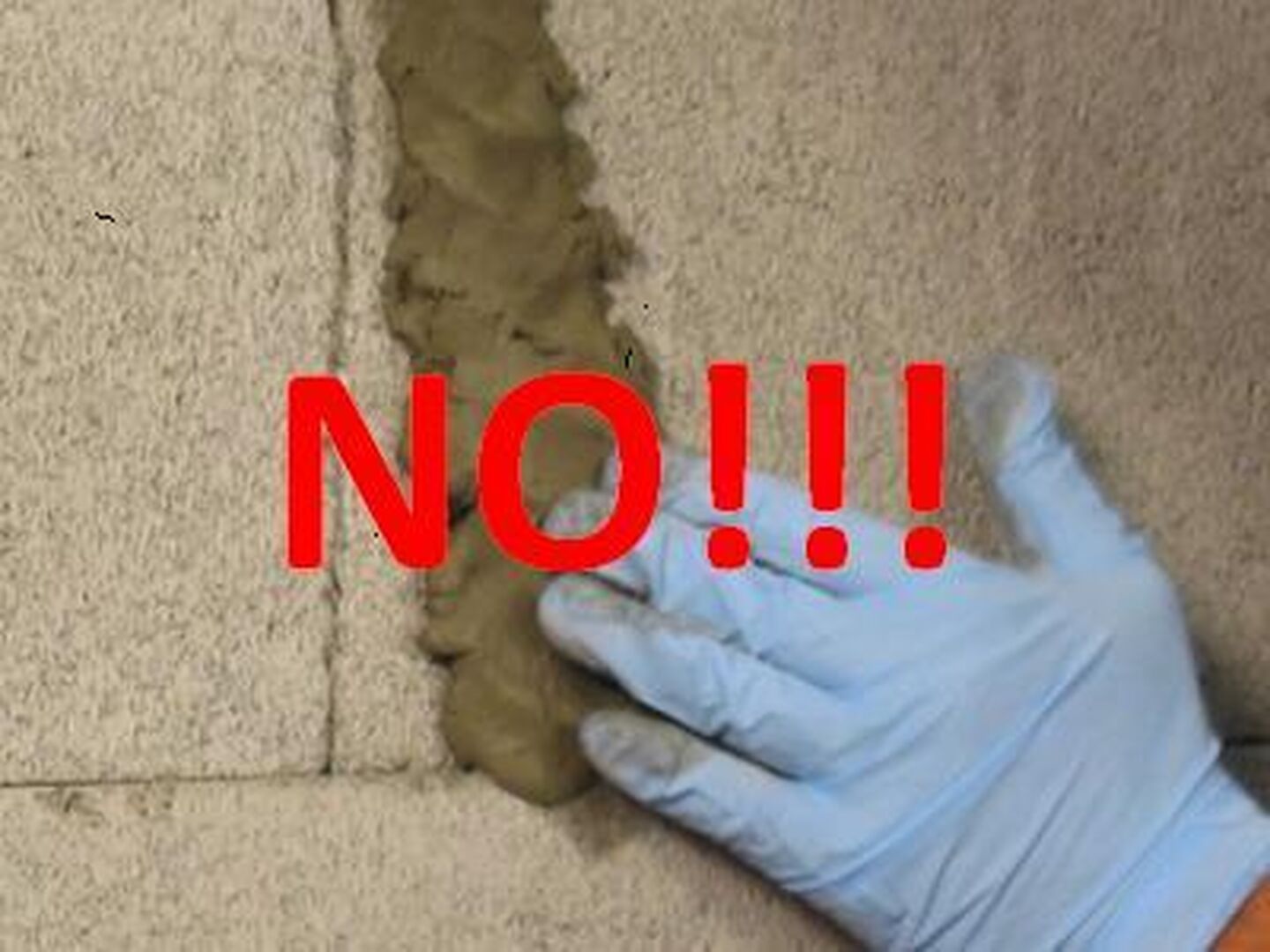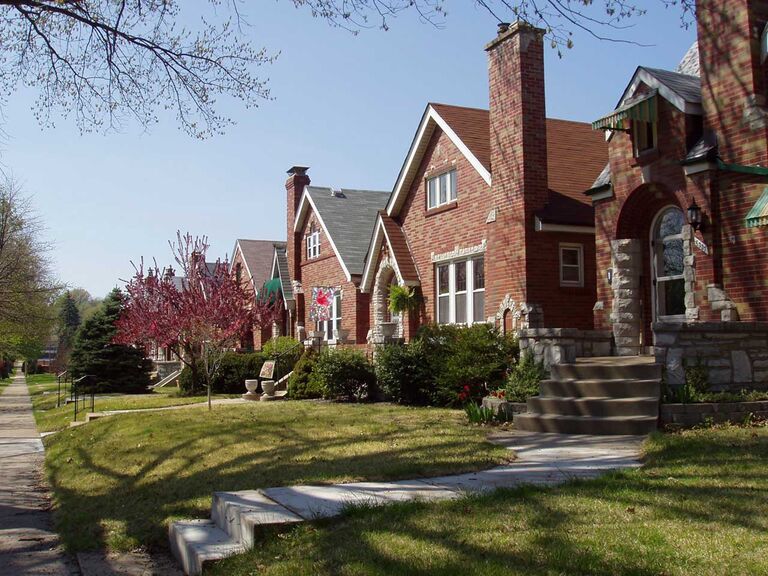Basement Waterproofing Solutions: What’s Wrong with Hydraulic Cement?

If you’ve cruised the aisles of Lowe’s or Home Depot lately, you’ve probably seen various “waterproofing” products offered there. I’m sure that some are fine for the right limited application but I want to explain why you should stay away from one oddly popular product if you want to avoid wasting your time and money.
Yep, I’m talking about hydraulic cement.
We get lots of questions from homeowners and one of the most frequent is: “Can’t I just plug the hole/fill the crack with some hydraulic cement?” The answer, as you probably guessed, is no – unless you enjoy making the same temporary repair over and over and over.
So, what exactly is hydraulic cement? Actually, any dry powdered cement is “hydraulic,” because that means it will set and harden after being combined with water. The product commercially referred to as “hydraulic cement” is usually a blend of Portland cement with certain additives that greatly decrease the setting time, allowing it to set and cure in wet conditions. These additives also prevent the mix from shrinking like normal cement and some may actually expand slightly.
I’m sure it’s these characteristics, along with effective promotion from its manufacturers, which account for the popularity of hydraulic cement as a DIY basement waterproofing solution. The problem is that it just doesn’t work.
What’s Wrong with Hydraulic Cement as a Basement Waterproofing Material?
Hydraulic Cement is Weak – Cement of any kind, by itself, has little structural strength – that’s why it’s most often combined with sand and aggregate to form concrete, a very strong material. Cement alone is generally used as mortar to “glue” together masonry materials like brick, stone or concrete block.
Prone to Cracking – The lack of structural strength means that the slightest shift or movement in a repaired surface, like a foundation wall, will cause cracks in a hydraulic cement patch and the leak will start again. Cracking is especially likely if the hydraulic cement is applied from the outside of the foundation; an exterior waterproofing membrane is a much better permanent solution.
Only a Surface Patch – If you use hydraulic cement on the inside of a foundation wall, to fill a crack for example, you will be able to apply it only to the surface of the crack. The material is thick and it sets very quickly so it is impossible to get it into and through a foundation crack to the outside soil. Either the pressure of the water coming through the crack or the lateral pressure of the soil outside will cause this patch to pop right off. The permanent solution – expanding urethane injected all the way through to the outside soil by a waterproofing professional.
So, what good is this stuff? It does have its uses as a patching material. For example, if you are getting a very slight leak around a gas or water pipe coming through the basement wall, you might get lucky with hydraulic cement if you took the time to work it into the opening. The fast-setting qualities of hydraulic cement may make it appropriate for other uses around the house but please don’t rely on it for basement waterproofing.
Don’t be ashamed, though, if you’ve got a bucket of the stuff stashed in the garage and have tried to use it to stop basement seepage. Even an expert like Tom Silva of “This Old House” has been taken in by the lure of quick and easy repairs. At U.S. Waterproofing, we’ve never relied on hydraulic cement in any of the 300,000 basements we’ve kept dry since our founding in 1957. If you want to know about the right way to stop basement leaks, please ask for our free professional advice.




